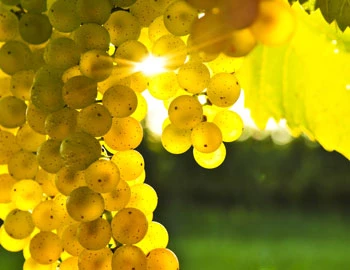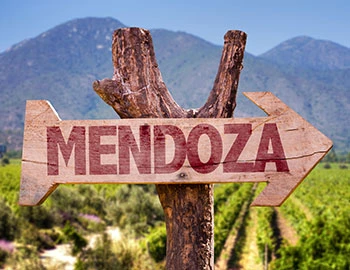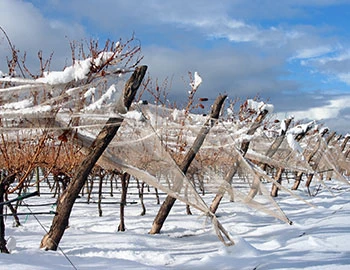Chardonnay Crios 2021
Mendoza, Susana Balbo Wines, 750 ml

| Grape variety: | Chardonnay |
| Producer: | Susana Balbo Wines |
| Origin: | Argentina / Mendoza |
Description
Golden yellow with brilliant green tinge. After aeration this Chardonnay develops fine hazelnut notes mixed with an exotic pineapple and lychee aspect. On palate a nice balance of fruit and a creamy, almost honeyed, structure. Beautiful intense aromatic persistence with a nice fresh finish.
Attributes
| Origin: | Argentina / Mendoza |
| Grape variety: | Chardonnay |
| Label: | Vegan |
| Ripening potential: | 1 to 3 years |
| Drinking temperature: | 10 to 12 °C |
| Food Pairing: | Hot Asian dishes, Latin American dishes, Apéro pastries, Apéro riche, Grilled fish, Giant crevettes, grilled langoustines |
| Vinification: | fermentation in steel tank, fermentation at low temperatures |
| Harvest: | hand-picking |
| Maturation: | in used barriques, short cultivation |
| Volume: | 13.0 % |
| Note: | Contains sulphites |
Chardonnay
King or beggar?
Hardly any variety of vine shows such a broad spectrum of quality as the Chardonnay. Its wines range from faceless neutrality to breath-taking class. It is an extremely low-maintenance vine, which explains why it is grown around the world – even in places where it probably should not be. The aromas of the Chardonnay variety are not very pronounced: a bit of green apple, a little hazelnut; in warmer latitudes, also melon and exotic fruits. The wines are often defined by maturing in casks. They develop more or less subtle notes of butter, toasted bread and vanilla. The grapes achieve their highest expression in their region of origin, Burgundy. Its heart beats in the Côte de Beaune: one might think of the plant growth of Meursault or Puligny-Montrachet. With their finesse and complexity, they can survive for decades. Chardonnay also achieves first class in some Blanc-de-Blancs champagnes. It additionally yields great wines in the Burgundian Chablis, and increasingly in Australia and Chile. A simple rule of thumb for pairing with food: When butter and cream are involved, you cannot go wrong with Chardonnay.

Mendoza
Mendoza: Malbec and more
Whenever someone talks about Argentinian wine, they generally mean wines from Mendoza. Roughly 60 percent of all Argentine wines are produced around the metropolis of the same name. In particular, Malbec, a red wine variety originating from southwestern France, has found a new home here, providing focused, well-structured wines. Cabernet Sauvignon and Chardonnay also thrive. The best wines result from high elevations, in the foothills of the Andes

Argentina
Where nostalgia tangoes with innovation
Snow-covered Andean peaks and salt lakes, deserts, rugged mountain villages, elegant colonial cities, vibrant metropolises, red canyons and green valleys – Argentinian has them all. And, of course, excellent wine. Argentina is named after the Latin word for silver, “Argentum,” because of the treasures expected to be found there. Among others, homesick colonialists and Catholic priests had a hand in cultivating these liquid treasures, and today there are approximately 220,000 hectares of vineyards.



